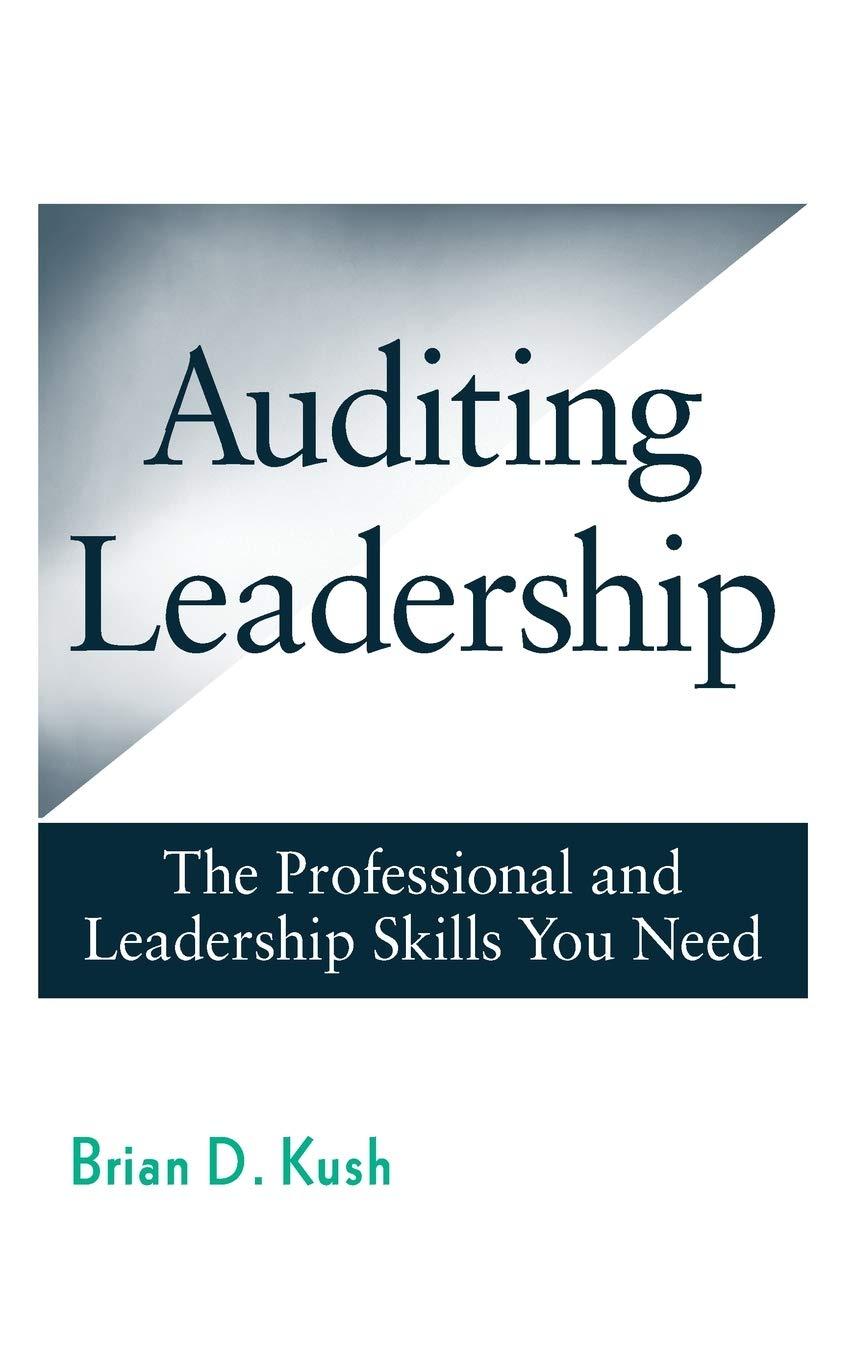Question
40. A taxpayer may generally appeal questions of fact. True False 41. When a court hears a case en banc, it means that the court
40. A taxpayer may generally appeal questions of fact.
True
False
41. When a court hears a case en banc, it means that the court issues an opinion without disclosing the opinions author.
True
False
42. Because the Tax Court is a national court, it is never bound by the regional Courts of Appeals (such as the 9th Circuit Court of Appeals).
True
False
43. A small tax case involves an amount not exceeding $50,000 when accounting for the disputed tax deficiency, penalties, and interest.
True
False
44. A small tax case involves an amount not exceeding $50,000 when accounting for the disputed tax deficiency, penalties, and interest.
True
False
45. A taxpayer who loses in a small tax case may appeal directly to the appropriate Court of Appeals.
True
False
46.Small tax case decisions are called memorandum opinions.
True
False
51. A taxpayer has a right to be heard by the Supreme Court.
True
False
52. In denying a petition for certiorari, the Supreme Court is upholding a lower court decision.
True
False
53. In a trial court, questions of fact are generally decided by a judge.
True
False
Step by Step Solution
There are 3 Steps involved in it
Step: 1

Get Instant Access to Expert-Tailored Solutions
See step-by-step solutions with expert insights and AI powered tools for academic success
Step: 2

Step: 3

Ace Your Homework with AI
Get the answers you need in no time with our AI-driven, step-by-step assistance
Get Started


